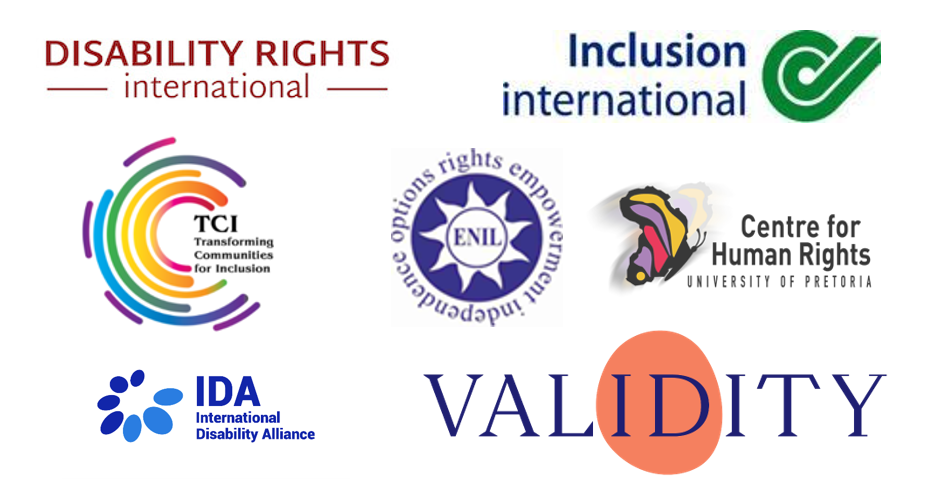The Global Coalition on Deinstitutionalization (GC-DI) welcomes the new Global Charter on Care Reform for Children, initiated by David Lammy (former UK Foreign Secretary, now Deputy Prime Minister) which brings focus and attention to the crisis caused by the institutionalization of children, with children with disabilities being disproportionately affected.
We welcome that the Charter reaffirms existing international commitments under the UN Convention on the Rights of Persons with Disabilities (UN CRPD), which guarantees the right of children to live and grow up in a family, protected from discrimination on the basis of disability – either of that of a child or their parents. It also makes explicit reference to the UN CRPD Guidelines on Deinstitutionalization, Including in Emergencies (2022) which complement and should be read in conjunction with the Committee’s general comment No. 5 (2017) on living independently and being included in the community (art. 19 of the UN CRPD ).
Recognizing the harms of institutionalization
We are pleased that the Global Charter recognizes the harm of institutionalization stating that “children who grow up without family care face serious challenges, including poor physical, social, and cognitive development outcomes and a heightened risk of violence and exploitation” – which have lifelong and often intergenerational impact.
This aligns with the Guidelines on DI Paragraph 12, which states that institutionalization can never be considered as a form of protection of children with disabilities. All forms of institutionalization of children with disabilities – that is, placement in any non-family setting – constitute a form of segregation, are harmful and violate the Convention. Children with disabilities, like all children, have the right to family life and a need to live and to grow up with a family in the community.
For children, at the core of the right to be included in the community is the right to grow up in a family. An “institution”, in the context of children, is any placement that is not family-based. Large or small group homes are especially dangerous for children. International standards that justify or encourage the maintenance of residential care are inconsistent with the CRPD and should be updated.
The need for and support disability participation
We commend that the Charter includes commitment to ensure the participation of persons with disabilities in policy making, making sure that their views are heard and that they are valued as partners, as required by article 4(3) of the CRPD.
The CRPD recognizes the right of representative organizations of persons with disabilities to participate in all matters of program development, implementation, rights enforcement, and monitoring on matters that affect them. Furthermore, in context of Article 7(3) ‘children with disabilities have the right to express their views freely on all matters affecting them, their views being given due weight in accordance with their age and maturity, on an equal basis with other children, and to be provided with disability and age-appropriate assistance to realize that right.
Since children with disabilities may require support in the community to transition to independent living as adults, participation by organizations of and representing people with disabilities are essential to ensure that laws, policies, and programs are accessible and appropriate. Disability groups should play a role in key elements of the program, such as supporting effective early intervention to prevent new institutionalization. As required by the DI Guidelines, “[p]ersons with disabilities, and their representative organizations, including those of children with disabilities and particularly those of survivors of institutionalization, should be involved and consulted at all stages of deinstitutionalization” (para. 67).
GC-DI calls on all governments to formally join this movement by signing the Charter. To effectively bring about reform globally, adequate investment in preventing family separation and ending institutionalization are essential to the success of this political campaign. In implementing the Charter, there must be an increased focus on leaving no child behind, particularly children with disabilities and children with intersectional identities who are disproportionately affected by high risk of family separation or institutionalization. This must be done through meaningful participation of disability rights organizations in all stages of the process. If children with disabilities are going to grow up in a world in which they are accepted and included, the contributions of the disability community will be essential to creating inclusive societies.
Find out more about the Global Coalition on Deinstitutionalization: https://gc-di.org

